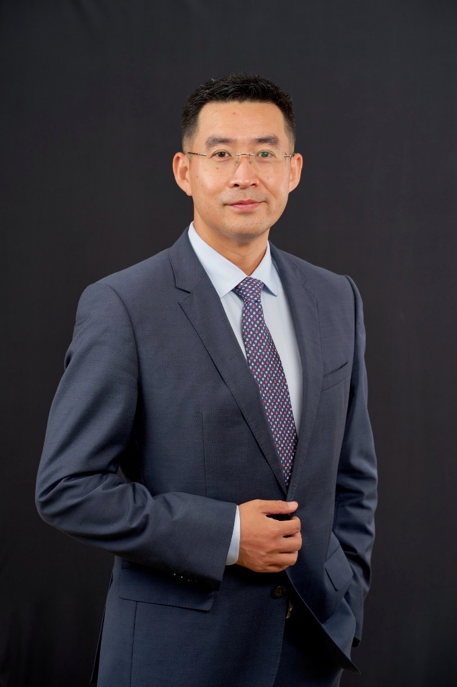
The village of Bamba is a 10-hour drive from the Zambian capital of Lusaka. It is home to a micro-grid PV plant which, once on grid, will deliver uninterrupted power to an entire village hitherto without electricity. It is one of more than 400 such plants developed across Africa by Huawei, bringing power to remote rural areas.
In Ghana, meanwhile, a 50MW PV power station, 490 kilometers northwest of the capital city Accra, feeds directly into the grid, with another 200MW station being built nearby.
In South Africa, the Aquila Private Game Reserve near Cape Town is home to rows of dark blue PV panels, the facility working silently to power the park.
All of these projects, which use Huawei Digital Power technology in some capacity, and many more in various stages of development, illustrate how digitally-enabled renewable energy is playing a crucial role in helping Africa achieve its power and development goals. These solutions won’t merely solve the problems of frequent power outages and shortages for rural and urban areas in Africa, but also create employment opportunities for people across the continent.
Africa presents a number of contrasts. On the one hand, it has the biggest potential for solar energy anywhere in the world, with a long-term output of 4.51 kWh/kWp per day; yet, on the other, Sub-Saharan Africa accounts for 77% of the global population without access to electricity, a proportion which has increased since the onset of the COVID-19 pandemic.
Another pair of contrasts can be seen in Africa being the world’s least emitting region, accounting for only 2–3 per cent of the world’s carbon dioxide emissions, yet also being the continent most vulnerable to the impacts of climate change – increased drought and floods, spread of diseases and loss of biodiversity. There is no doubt that renewables, and solar PV in particular, will be critical if Africa is to achieve an equitable energy transition and meet its development goals. However, the core issue is one of cost.
At the recently concluded Africa Adaptation Summit ahead of this November’s COP27 in Egypt, Senegalese President Macky Sall, this year’s chair of the African Union (AU), said that Africa needs a mix of fossil fuel and renewable energy, so that it “could reduce the cost of energy” to support its economies. In reducing the cost of energy, especially that of renewables, digital plays a significant role.
Having established its Digital Power division in 2021, Huawei is committed to enabling the energy transition in Africa by bringing its expertise to the power sector, leading to the transformation of energy digitalisation.
By integrating digital and power electronics technologies, Huawei Digital Power facilitates more efficient operations, enabling companies to provide clean and stable power more easily and at lower cost.
Currently, Huawei Digital Power has 6,000+ employees (60% in R&D), 12 research centers and more than 1,600 partners worldwide, investing over 10% of its revenue in R&D. This commitment is making a tangible difference across Sub-Saharan Africa, the company delivering more than 1GW of PV power plants, while also providing solutions for the utility, commercial & industrial, and residential sectors.
Going forward, Huawei will continue to contribute to Africa’s energy cause to meet the continent’s needs and development goals, the company viewing its commitment to Africa as more of a mission than a business.

